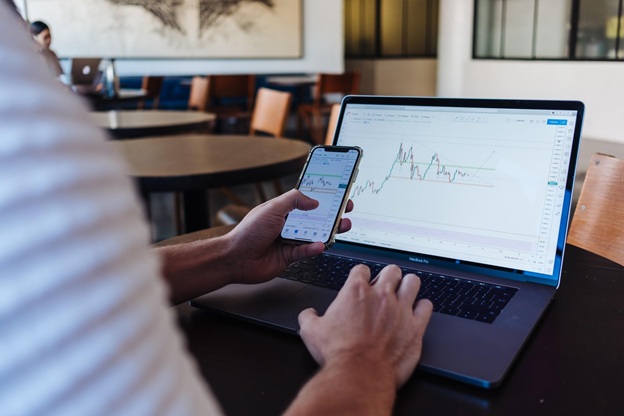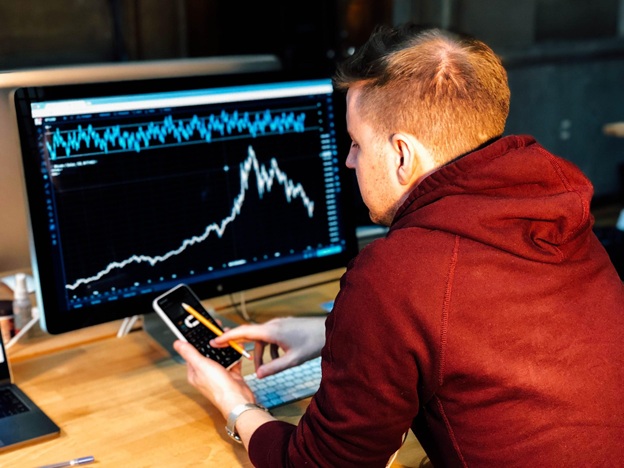
Photo by Jason Briscoe on Unsplash
When it comes to learning to trade, budding traders often compare the forex and stock market to decide on which is better to start trading on. Before undertaking research, the forex market and stock market can appear quite similar, however each market is vastly different and comes with different levels of risk – making this decision quite daunting for new traders.
That’s why, in today’s post, the trading experts over at Learn to Trade are discussing the main differences between the forex and stock market so you can choose which is right for you. Covering everything from trading hours to volume and liquidity, with this guide, we hope that you’ll feel inspired and ready to begin your trading journey.
Trading hours
Both markets work around and are fixed to a strict time marking. The forex market operates on a 24/5 basis, meaning at any one point in time, there is always one window open. Moreover, there are a few hours of overlap each day between the opening and closing of different international windows – consequently, the forex market is recognised as the largest financial market in the world.
On the other hand, the stock market usually operates for 7-8 hours per day on weekdays, with a pre-market opening where traders can place their orders before a market trading session. The hours that the market is open varies between trading locations – for example, the New York Stock Exchange opens at 09:30 and closes at 16:00 (local time), whereas the Frankfurt Stock Exchange operates from 09:00 to 20:00 (local time).
Volume
One of the most significant differences between forex and stocks is the size of the forex market in particular.
Volume refers to the number of shares that change hands each day, with the forex market trading significantly more. The forex market is therefore much bigger than the stock market in terms of its size, trading more than $5 trillion per day. In comparison, the stock market trades approximately $200 billion – meaning that more trades can occur in the forex market at a given time.
With a high trading volume, traders are more likely to get their orders executed quickly and closer to the price that they want. Therefore, the forex market is often more appealing to traders who will be entering and exiting the market as they wish, or to those who don’t have much live market experience.
Liquidity
The high liquidity of the forex market means that when trades are completed over the counter, there’s no delay in the trade being made – which ultimately makes the forex market more attractive to budding traders. More liquidity means lower transaction costs, which when compared to the stock market, of course makes the forex market much more advantageous.
Cost of entry
If you’re trading on the stock market, you’ll require much more capital than you would to trade forex. To enter the forex market, there are no qualifying requirements – it’s as simple as opening an account. The lower leverage of the forex market makes it market seem more appealing for its easy entry into the financial market.
However, in the stock market you’ll usually be borrowing from a stock broker in exchange for interest paid on the securities, meaning you may not be approved as an investor. So once again, there is much greater freedom to enter and leave the forex market, making it the more appealing option to budding traders.

Photo by Chris Liverani on Unsplash
With this guide, we hope that we’ve helped you decide whether the forex market or the stock market is right for you. By understanding the differences between the markets, you’ll be better informed to begin or continue trading with confidence, and are more likely to increase your chances of success in the trading world as a result.
Author Bio:
John James is a content writer for Learn To Trade, the foreign exchange education and learning specialists – offering a range of training courses to help people understand the currency trading market, as well as its opportunities and risks.
